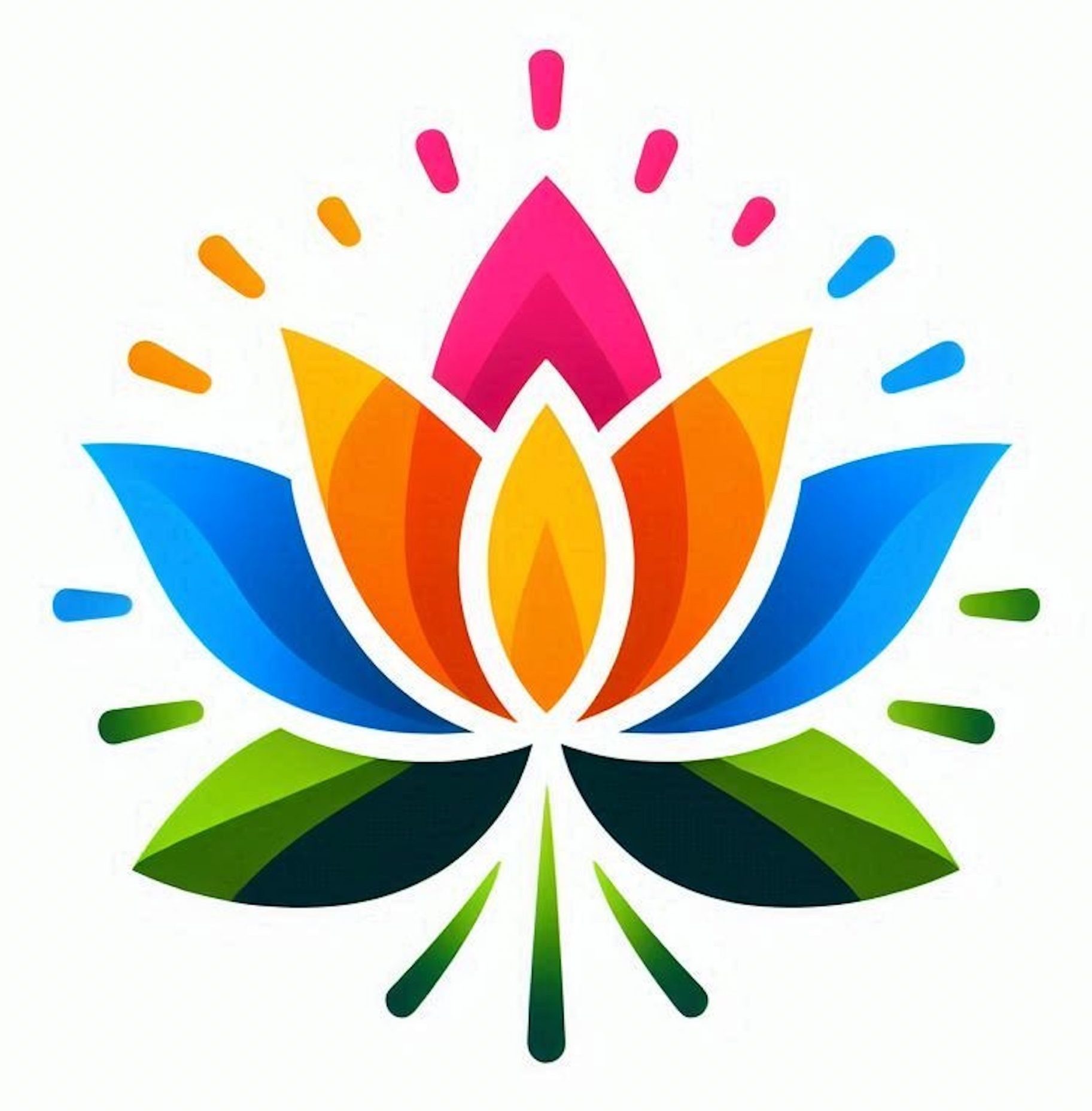Happiness is a universal pursuit, and across various spiritual traditions, we find profound insights on how to cultivate it. I have always wanted to study what’s similar in religious belief rather than the reverse. So what better subject than Happiness. Much has been said on happiness. Here I am merely drawing the wisdom from the various traditions to try and uncover valuable principles that transcend religious boundaries. These are not all by any means – but all traditions do teach us these principals and want us to lead a happy, fulfilling and joyful life. These are very simple and they really work.
Mindful Living:
All traditions emphasise the importance of mindfulness and present-moment awareness. By staying attentive to the now, we can reduce anxiety about the past and future, and find contentment in the present. Imagine you’re sitting outside on a nice day, sipping a cup of tea. As you close your eyes and take a deep breath, you start to focus on the sensation of the cup in your hands – its warmth, texture, and weight. You take a slow sip, savouring the taste and feeling of the tea. In that moment, you’re not thinking about your to-do list or worrying about the past or future. You’re fully present, immersed in the experience of enjoying your tea. This mindful moment of appreciation brings a genuine smile to your face, as you realise that happiness can be found in the simple act of being aware and fully engaged in the present.
Compassion and Kindness:
Encouraging compassion towards all living beings, these teachings suggest that by treating others with kindness, we foster a positive and harmonious environment that nourishes our own happiness. Imagine you’re rushing through a busy subway station to catch your train. Amid the crowd, you notice someone accidentally bump an old man and he drops his belonging, you notice that he is struggling to gather them. Instead of hurrying on, you stop to help him gather his things. As you offer to help, you notice the frustration turning into gratitude. In that moment, the connection you’ve made through your compassion not only brings a sense of warmth to their heart but also fills you with genuine happiness. The act of kindness reminds you that small gestures can create moments of joy for both others and yourself.
Gratitude:
Expressing gratitude for the blessings in life is a common thread. Recognising the abundance around us leads to a sense of fulfilment, irrespective of religious beliefs. Imagine waking up to a bright morning and taking a moment to reflect on the simple pleasures in your life. You think about the comfortable bed you slept in, the aroma of fresh coffee filling the air, and the sound of birds chirping outside your window. As you acknowledge these everyday blessings, you feel a sense of warmth and contentment washing over you. This simple act of being grateful for the small things elevates your mood, reminding you that happiness can be found in appreciating the present moment and the abundance that surrounds you.
Inner Peace:
Finding inner peace is a shared goal. Whether through meditation, prayer, or introspection, seeking serenity within oneself leads to an enduring sense of happiness. Picture yourself sitting in a quiet corner of your home, eyes closed, and taking deep, calming breaths. As you begin your meditation practice, you let go of the stresses of the day and focus your mind on the present moment. Gradually, your thoughts become more still, and a sense of inner peace envelops you. The worries that seemed overwhelming earlier now appear more manageable. This connection to a deeper sense of self and the universe brings a gentle smile to your lips, as you realise that moments of tranquility achieved through prayer and meditation can lead to profound and lasting happiness.
Detachment from Materialism:
The teachings encourage detachment from material possessions and the pursuit of wealth. This helps individuals focus on what truly matters and fosters a sense of freedom from external desires. Imagine decluttering your living space, letting go of possessions that no longer serve a purpose in your life. As you donate items and simplify your surroundings, you feel a sense of lightness and freedom. With fewer material things to worry about, you find yourself focusing on experiences, relationships, and personal growth. This detachment from materialism allows you to invest in what truly matters, leading to a deeper sense of contentment and happiness that isn’t dependent on possessions.
Forgiveness:
The concept of forgiving others and oneself is prevalent. Releasing grudges and negative emotions contributes to a lighter heart and a more joyful life. Forgiving, someone doesn’t mean actually confronting them to forgive them. You just need to forgive them in your heart and in that way you no longer hold the anger, you can let them go, released them.
Purpose and Meaning:
Discovering one’s purpose in life and living according to meaningful values is a central theme. Aligning actions with a higher purpose cultivates a deep sense of satisfaction. Warren Buffet once said – about finding ones’ passion – he said “Look for the Job that you would take if you didn’t need a job”
Community and Connection:
Engaging with a supportive community and fostering meaningful relationships is essential for well-being. Being surrounded by like-minded individuals promotes a sense of belonging and happiness. Think about a time when you spent an evening with your closest friends. You shared laughter, memories, and deep conversations. In their company, you felt understood, accepted, and valued for who you are. As you walked away from that gathering, your heart felt light, and a smile graced your face. These genuine connections remind you that you’re not alone on your journey and that the bonds of friendship bring a unique and irreplaceable kind of happiness into your life.
Hope and Resilience:
All traditions emphasise the importance of hope and resilience in the face of challenges. Believing in the possibility of positive change fosters a hopeful outlook on life. Hope acts as a beacon of light during dark times, offering the promise of better days ahead. Imagine going through a period of uncertainty where things seem bleak. Then, a glimmer of hope appears – a potential solution, a supportive friend, or a positive change in circumstances. This spark of hope rekindles a sense of possibility within you. As you begin to envision a brighter future, a renewed feeling of happiness emerges. The mere presence of hope can uplift your spirits and remind you that challenges are temporary, reigniting your optimism and bringing happiness back into your life.
Incorporating these timeless principles into our daily lives can lead to a profound sense of happiness and fulfilment. While these teachings are drawn from diverse spiritual traditions, their essence resonates with the shared human desire for happiness, irrespective of your specific beliefs.
Discovering Happiness: Wisdom from Diverse Spiritual Traditions.






